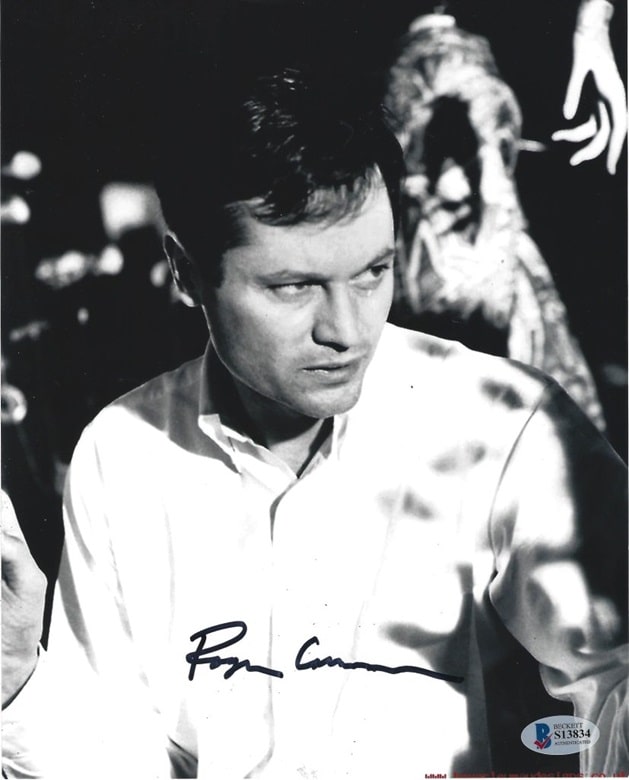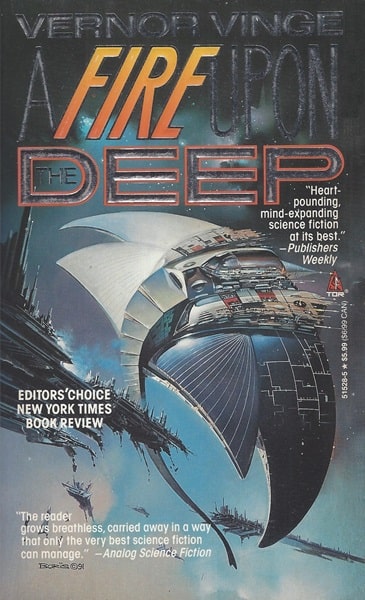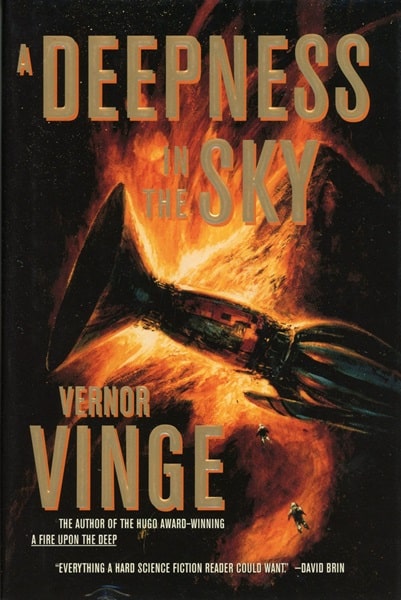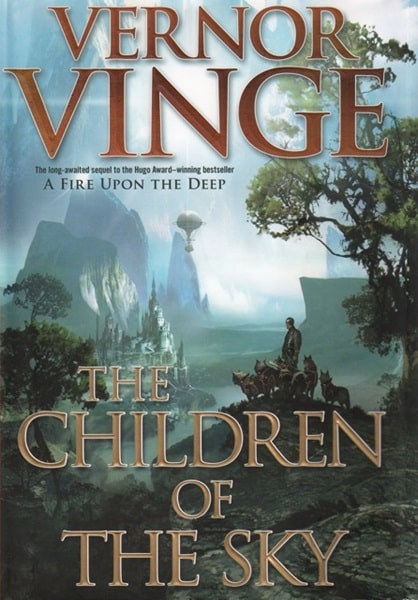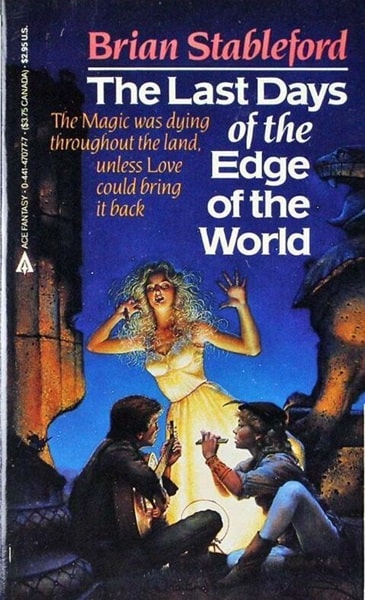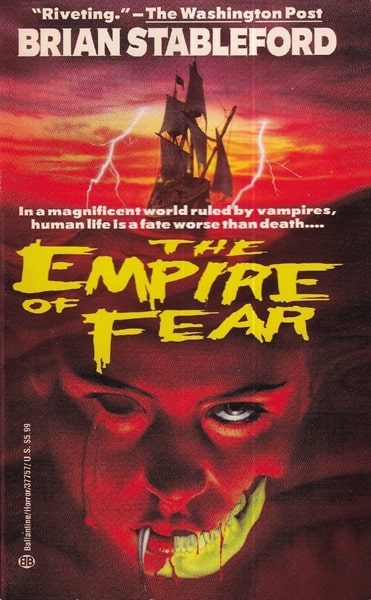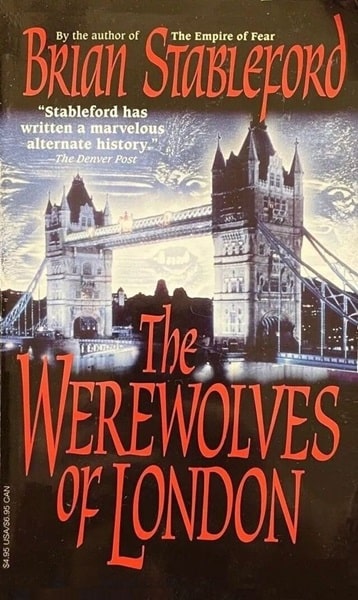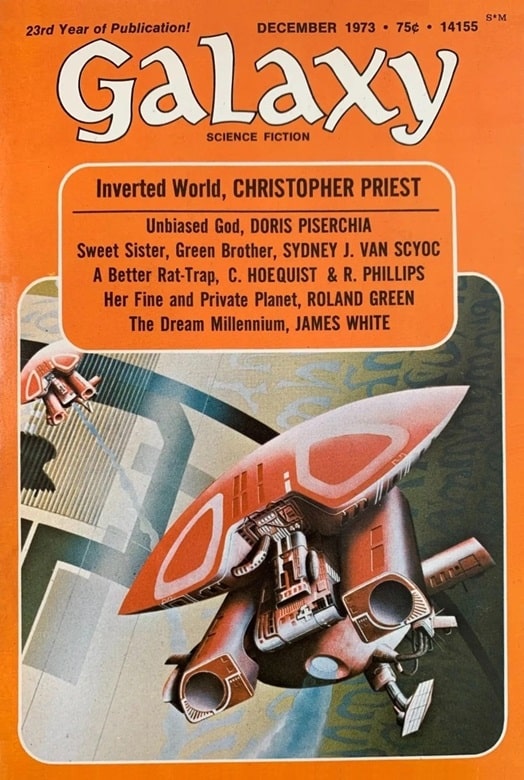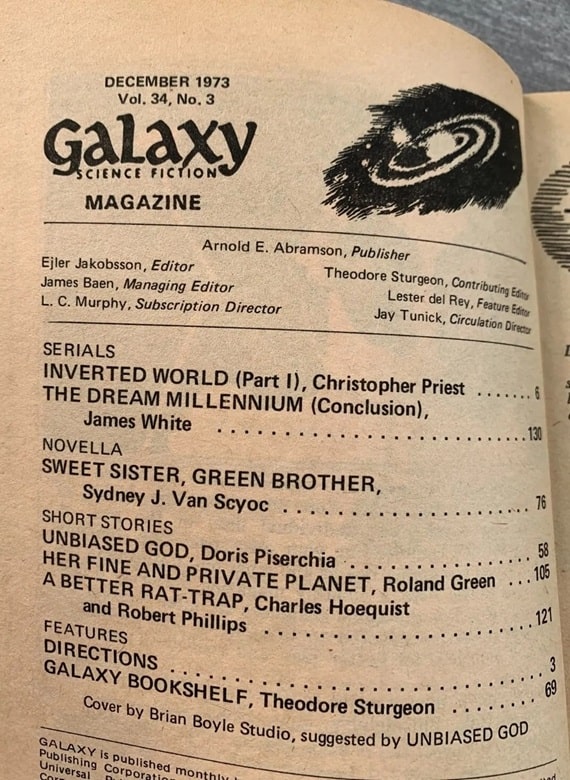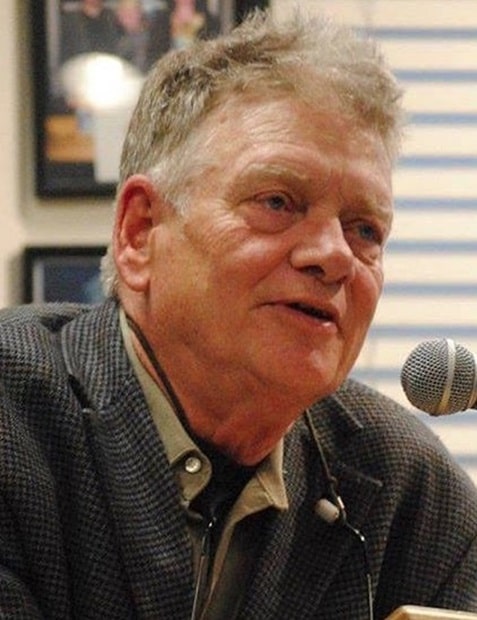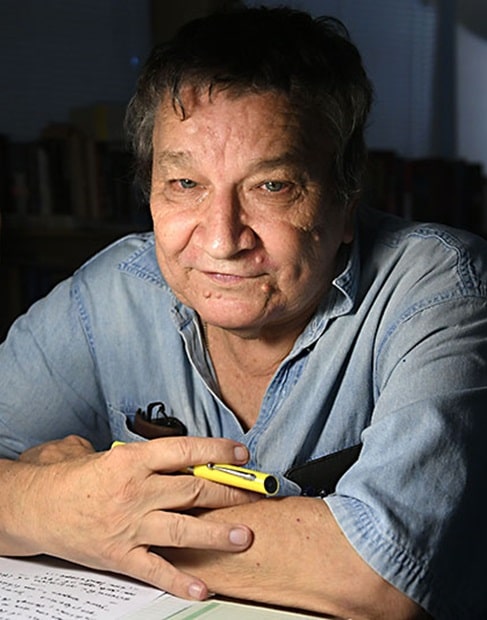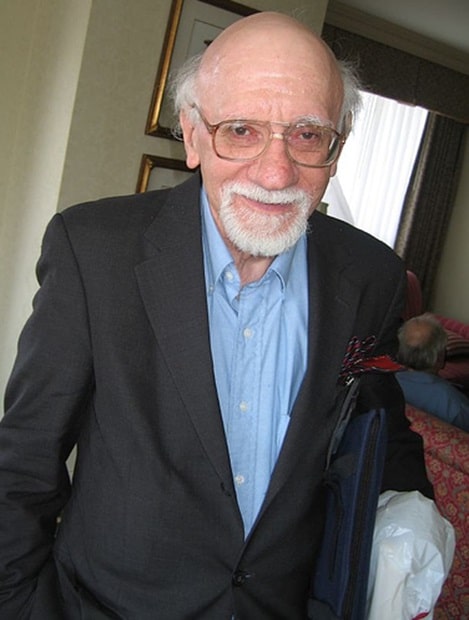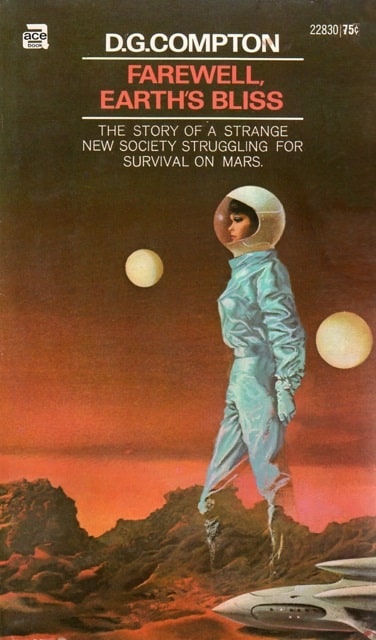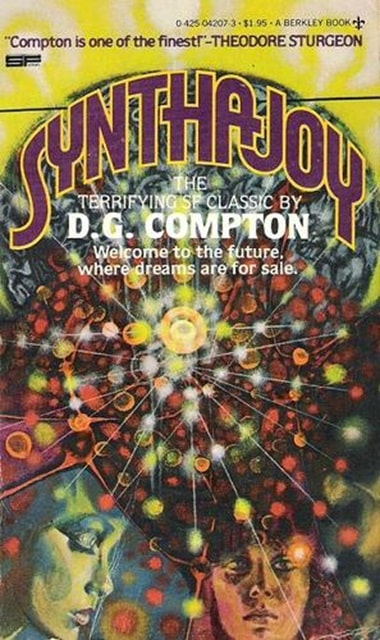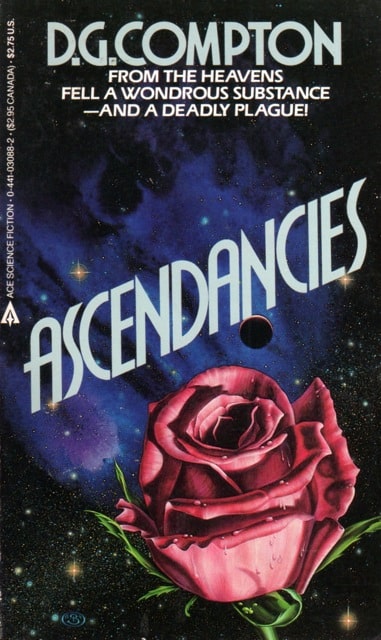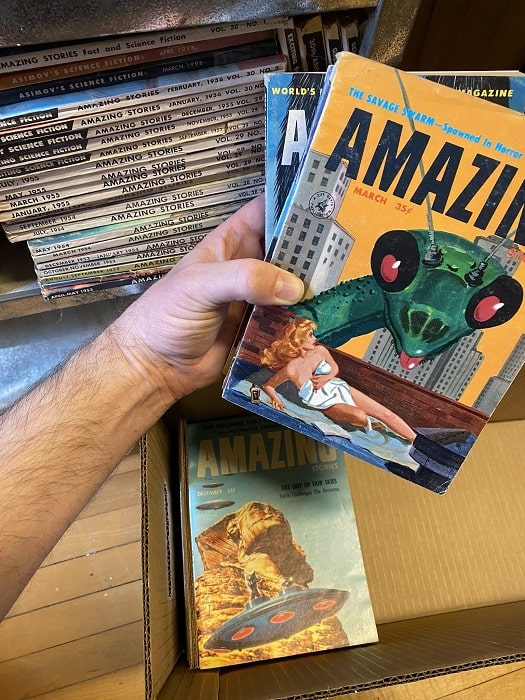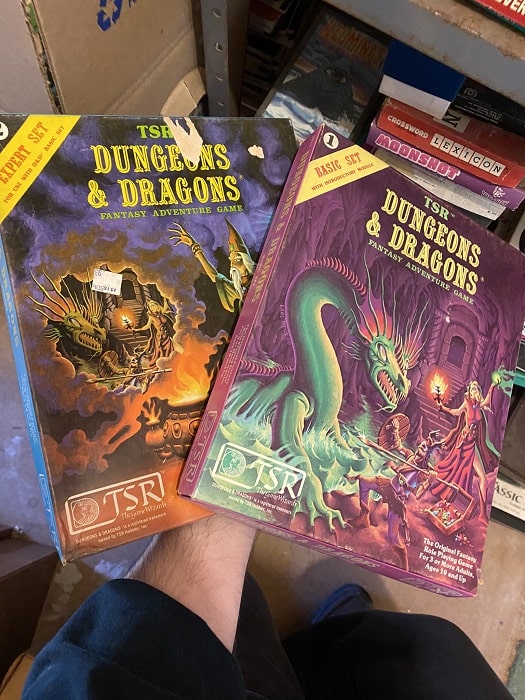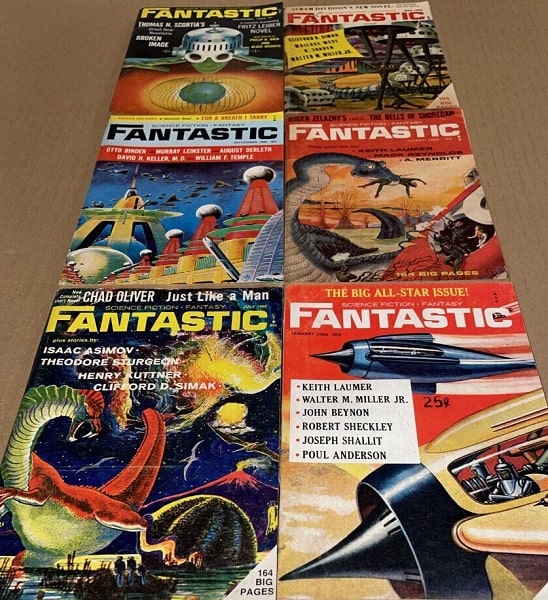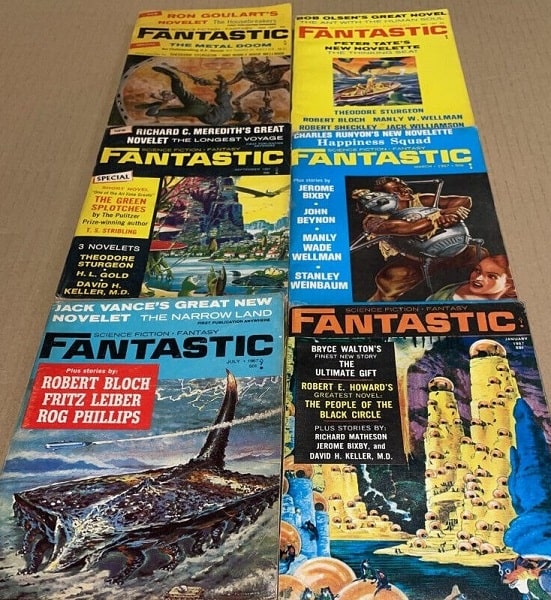H. Bruce Franklin, February 28, 1934 — May 19, 2024

I was sad to learn that H(oward) Bruce Franklin, emeritus John Cotton Dana endowed Professor of English and American Studies at Rutgers University-Newark and author of numerous books, essays, and exhibitions related to science fiction, died at the age of 90 on May 19. On a personal note, in grad school I took his seminar in science fiction studies, which reignited my interest in science fiction and prompted me to start writing about it. So, for better or worse, I probably wouldn’t be posting here were it not for Dr. Franklin.
During the 1960s, Dr. Franklin was fired from Stanford despite being tenured supposedly for inciting student anti-Vietnam war protests. A former Air Force navigator and intelligence office in the Strategic Air Command, he also resigned his commission in protest of that war.
While his range of published work ranged from Melville studies to prison literature to fish ecology, he frequently used science fiction as a lens to comment upon American history, particularly as it relates to Vietnam and the forever wars that extended to Iraq and Afghanistan. He was awarded a number of honors, including the Science Fiction Research Association (SFRA) Pilgrim Award and Pioneer Award, as well as an Eaton Award. He was a Distinguished Scholar for the International Association for Fantastic in the Arts, and was a Guest Curator for the Star Trek and the Sixties exhibit at the Smithsonian and Hayden Planetarium. From its inception up until 2002, Dr. Franklin was a consulting editor of Science Fiction Studies.
